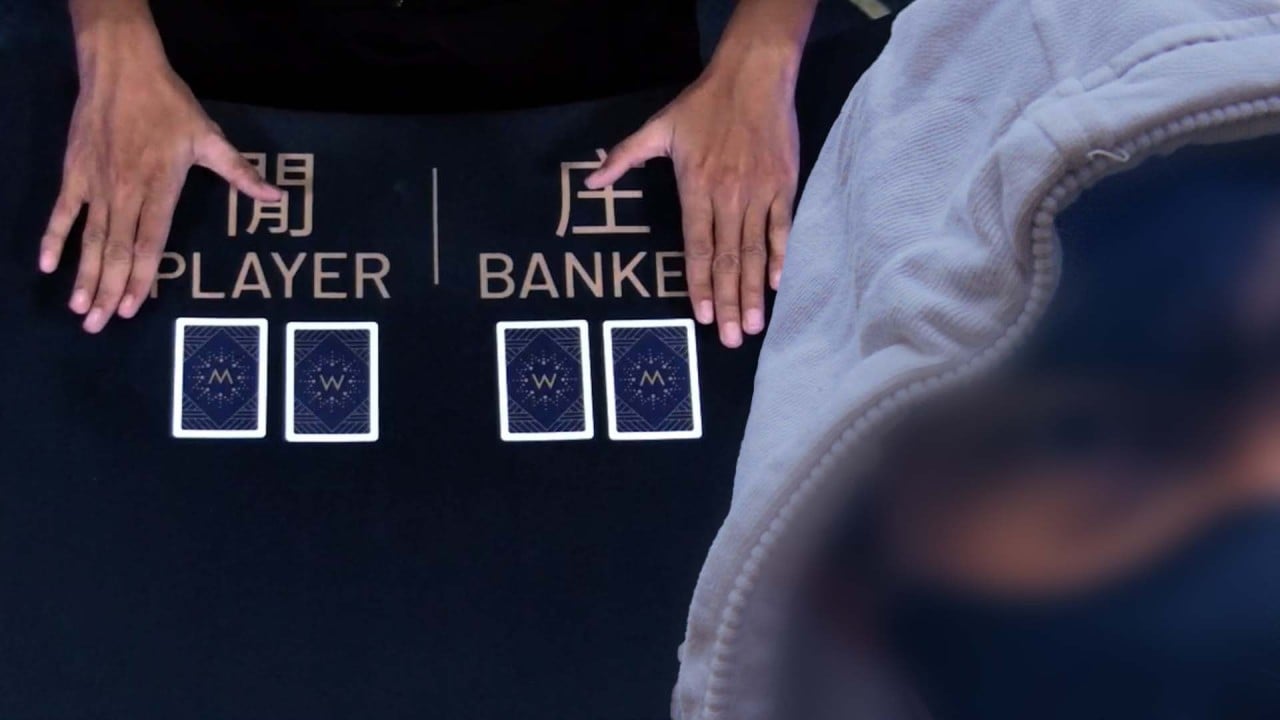In Malaysia, slot machine players risk losing it all to ‘crack cocaine’ of gambling
[ad_1]
That chemical reaction in the brain makes some players stay well beyond their luck and financial means – and that makes for good business for the owners of these licensed mini-casinos in Malaysia, where the Malay-Muslim majority are banned from gambling.
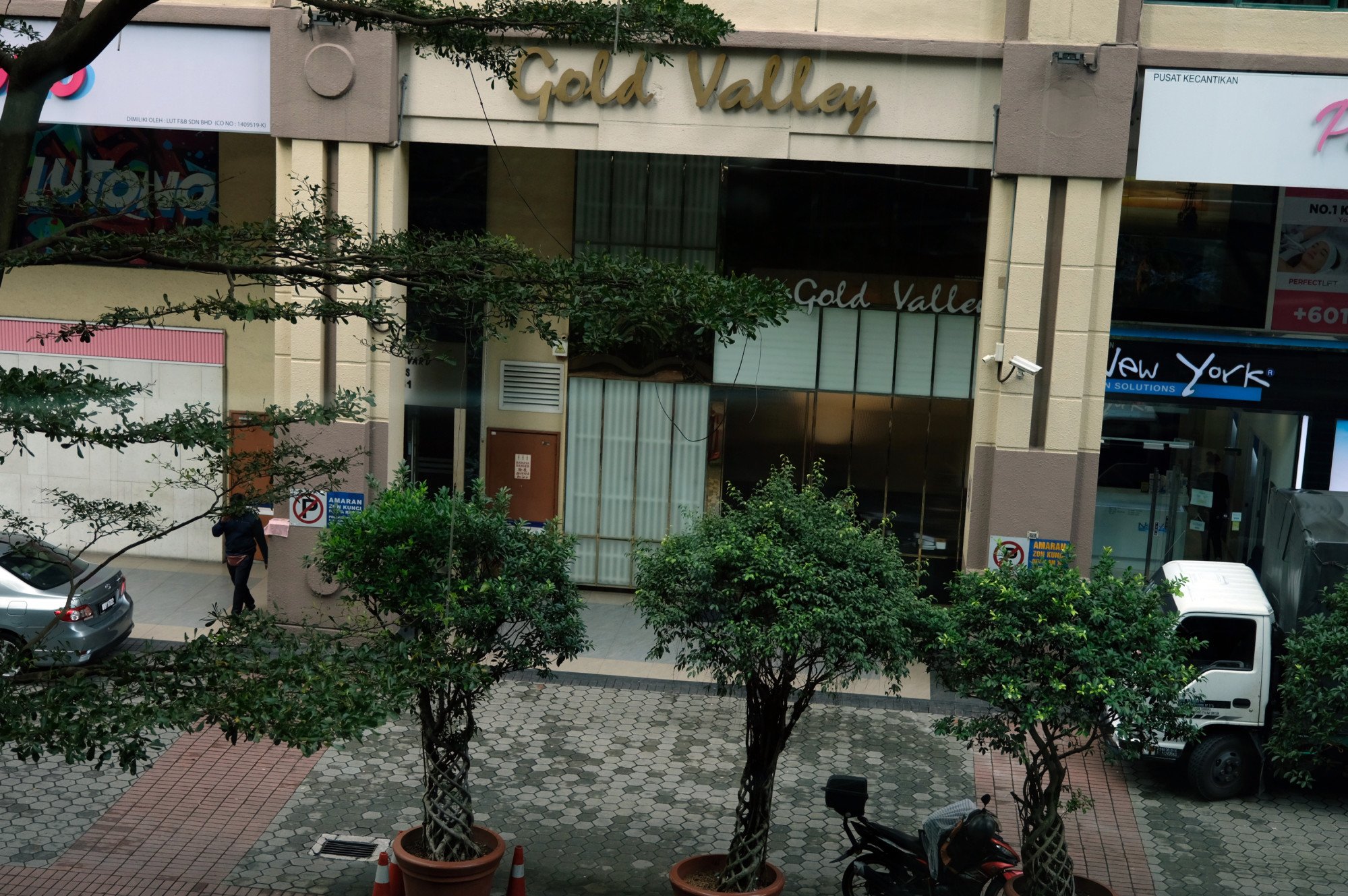
When one wins, “the dopamine starts to fire in the brain that activates the reward system, you’re happy”, says Dr Prem Kumar Shanmugam, CEO of Solace Asia, which operates addiction rehabilitation centres in the region, including a branch in Malaysia.
“[But] when you lose, you want to win it back. That anxiety, that stress that is inducing the brain also fires with dopamine and gives you a high as well. Impulsivity kicks in.”
Malaysians are regulars in the Southeast Asian casino scene – from Poipet on the Thai border with Cambodia to Singapore’s Marina Bay Sands and Macau.
The Genting Highlands, a resort development of hotels, casinos and shopping malls an hour’s drive from Kuala Lumpur founded in 1965 by the late Malaysian businessman Lim Goh Tong, dominates Malaysia’s domestic gambling scene. Malaysian Muslims and those under the age of 21 are not allowed to enter, according to its website.
Less spoken of in public are the abundant slot machine clubs – known to many as “jackpot” machines – and members-only establishments, where gambling addiction pervades.
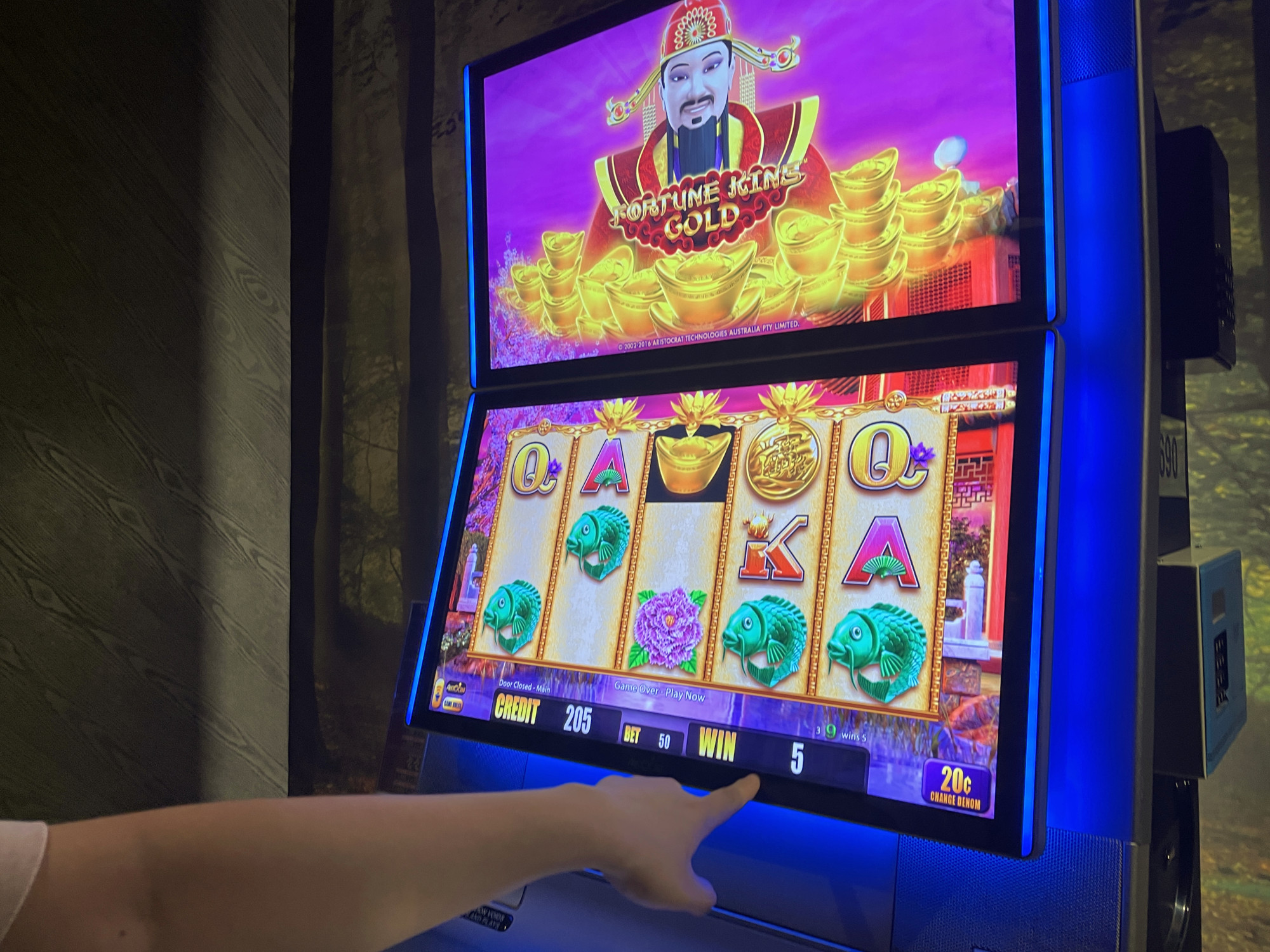
“People think in Malaysia alcohol is an Indian problem; drugs are a Malay problem, gambling is a Chinese problem,” a former gambling addict, who wanted to be known as Tom, told This Week in Asia.
“But if you go there [slot machine casinos], you’ll be shocked to see aunties wearing saris, Malay and Chinese fellas there, old people who come here because they have nothing to do, gambling away their retirement funds. It cuts across all levels of society.”
Slot machines are known to be one of the most addictive forms of gambling, studies have shown.
According to Tom, a Malaysian in his late 40s, Muslims are allowed to register at some slot machine clubs using fake names.
Some of the biggest high rollers he saw were the Malay datuks – a title bestowed on individuals in certain Malaysian states – who could squander 200,000 ringgit (US$43,000) per night, Tom said.
Japan approves Osaka as site of nation’s first casino amid problem gambling concerns
Japan approves Osaka as site of nation’s first casino amid problem gambling concerns
Former gamblers said there are dozens of such clubs in the Klang Valley, some operating near schools, mosques and residential neighbourhoods.
“The trend you’re seeing has been around for a long time, but most of it has been done quietly,” Prem said.
He has seen the toll of gambling on his clients at his rehabilitation centre, where they typically spend one to three months trying to wean themselves off their addiction, overseen by a team of psychiatrists, psychologists and recovery coaches.
“You don’t need to drive to Genting or go on a gambling cruise in the middle of the ocean, now you can do it all [to gamble] next door at one of these clubs,” Prem said.
The problem is still under-reported as addicts only seek help when they hit rock bottom, he added.
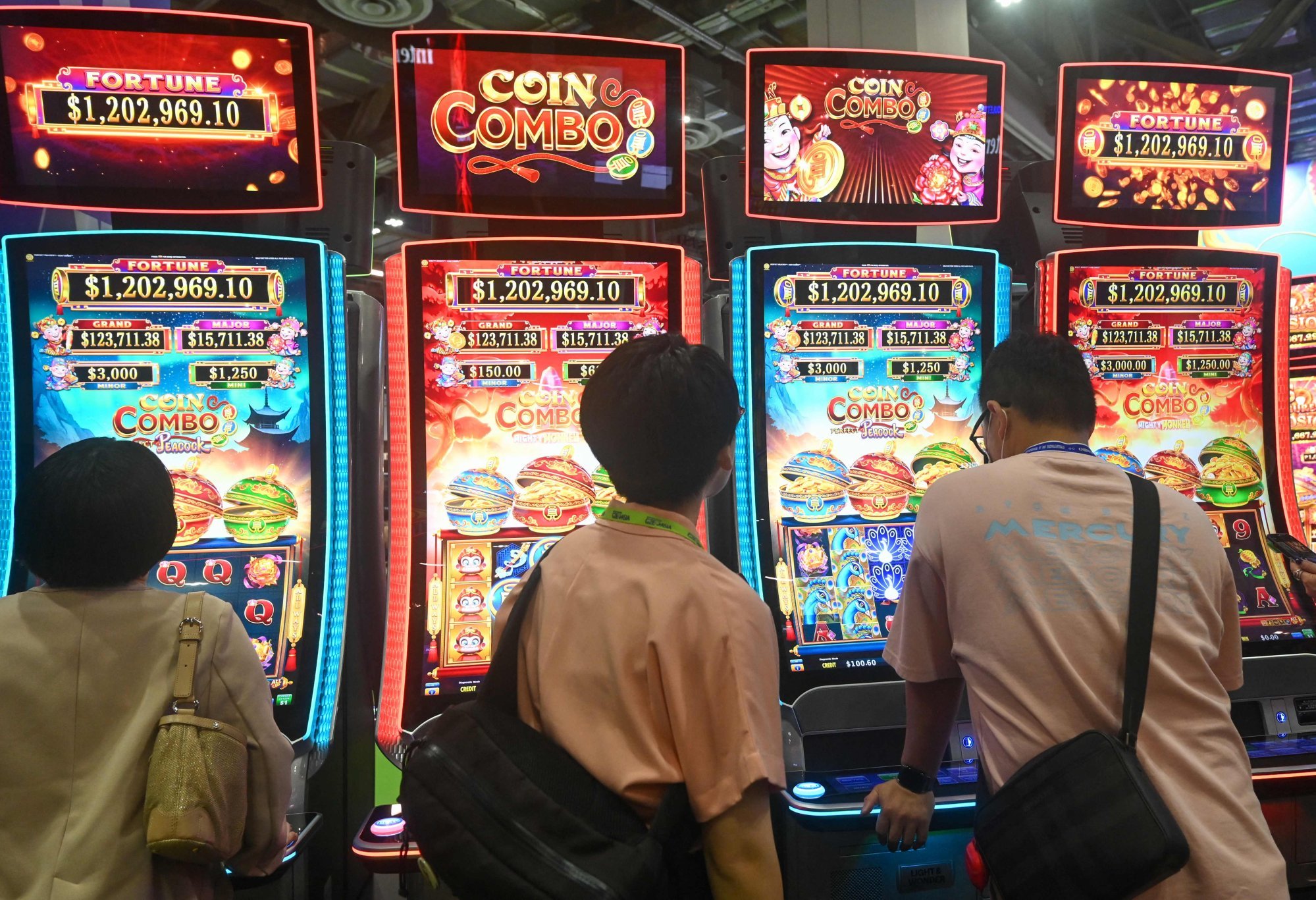
The Covid-19 pandemic saw addiction rates spike, as more people stuck in lockdown turned to online gambling, and then later thronged private clubs when restrictions eased, according to Prem.
Over 10 years, Tom would go on to lose US$1 million in a habit which devoured his life savings, forcing him into borrowing from banks, private moneylenders and loan sharks. As he fell into debt and depression, his family life also collapsed as he became estranged from relatives.
“On the outside, I’m a very successful career-driven executive … In my head, I have everything under control, this is a lie that gamblers tell themselves every day,” he said. “Just one more time, if I win this time, I can pay off my debts.”
Prem said authorities should consider imposing tighter restrictions on who can gamble, how much and how frequently.
There is always a need for more public education about the insidious potential of these clubs, as many people “may not realise that addiction is a disease”, he added.
Deep-seated problem
Problem gambling and efforts to combat it in Malaysia are complicated by culture and politics.
In 2021, then-opposition leader Anwar Ibrahim claimed that “tens of thousands” of Muslims were gambling on slot machines in at least 62 clubs licensed with such facilities.
Since becoming prime minister, Anwar and his administration have come down hard on the rapid expansion of these slot machine operations, amid concerns over alleged money laundering activities, illegal political funding and corruption in enforcement agencies.
It was reported last year that the Malaysian Anti-Corruption Commission summoned senior executives of slot machine establishments and froze over 30 million ringgit (US$6.4 million) in assets. This Week in Asia understands that investigations are still ongoing.
But the sector has long been plagued by revenue under-reporting and the use of unlicensed machines at betting establishments. Illegal set-ups are resilient to crackdowns and adept at evasion.
The finance ministry, which regulates the gaming sector and issues operating licences, has reportedly begun a review of the operations of slot machines and is considering tighter controls. It declined to comment when contacted.
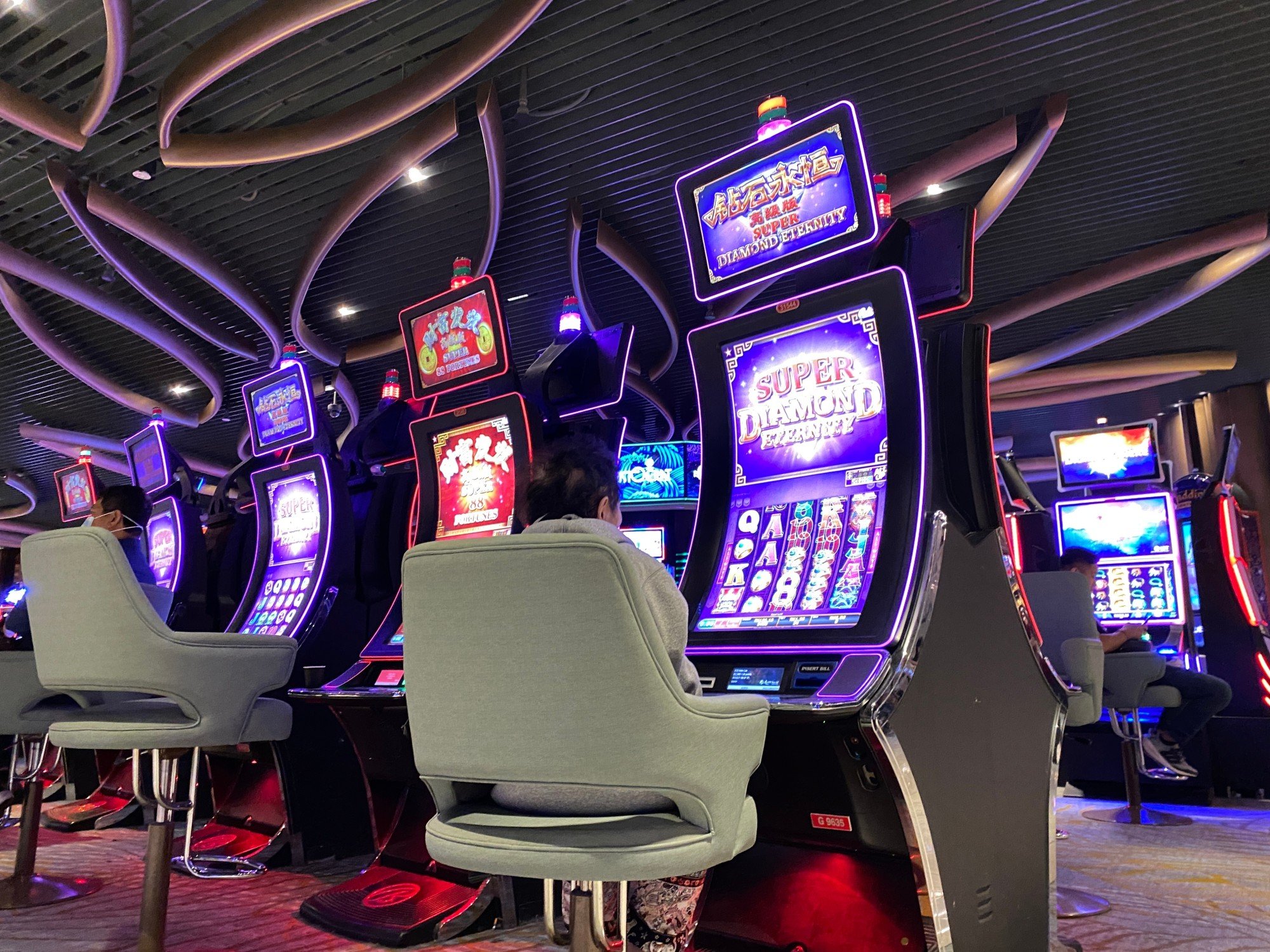
Rise of online gambling
Gamblers in Malaysia and elsewhere in Southeast Asia have also changed their habits in tandem with the numerous playing opportunities available online.
Online gambling sites have exploded in recent years, offering 24-hour live betting which provided organised crime a platform to wash billions of dollars of illicit cash across the region.
The pandemic extended the reach of online casinos to millions of newcomers, from bored and broke players punting small amounts to others with lots of cash to fritter away.
Probes into such websites in Malaysia have uncovered their links to police and politicians who had taken cuts to look the other way.
Indian casino, politicians linked to illegal gambling den in Thailand
Indian casino, politicians linked to illegal gambling den in Thailand
From card games to sports betting, online gambling businesses know how to reel in players, said Balan Rathakrishnan, an associate professor of psychology at Universiti Malaysia Sabah.
“First you can make money, gradually they will take all the money back,” he told This Week in Asia.
Social media and web advertisements reach a vast pool of punters, appealing with the promise of “easy money”, he said, adding the elusiveness of such sites means anti-vice squads are always playing catch-up.
These online gambling operators are “very smart … when they are caught, they will close everything and try to rebrand with a different name”, he added. “It’s a growing business.”
In February 2023, the Malaysian Communications and Multimedia Commission said it had blocked access to 6,381 online gambling websites from 2020 to 2022.

Against Malaysian values
The proliferation of opportunities to gamble online has pulled more Malaysians deeper into addiction over recent years.
Andy Chua, 35, was among them. In the middle of the pandemic in 2020, Chua recalled being in a room over many days, not washing himself or eating as he gambled online and used methamphetamine and heroin, which he said were supplied by a friend who had won big.
Today, Chua works as a recovery support coach at Solace Asia.
“Gambling has become so normal, just like how you can get alcohol from the 7-Eleven store,” he said.
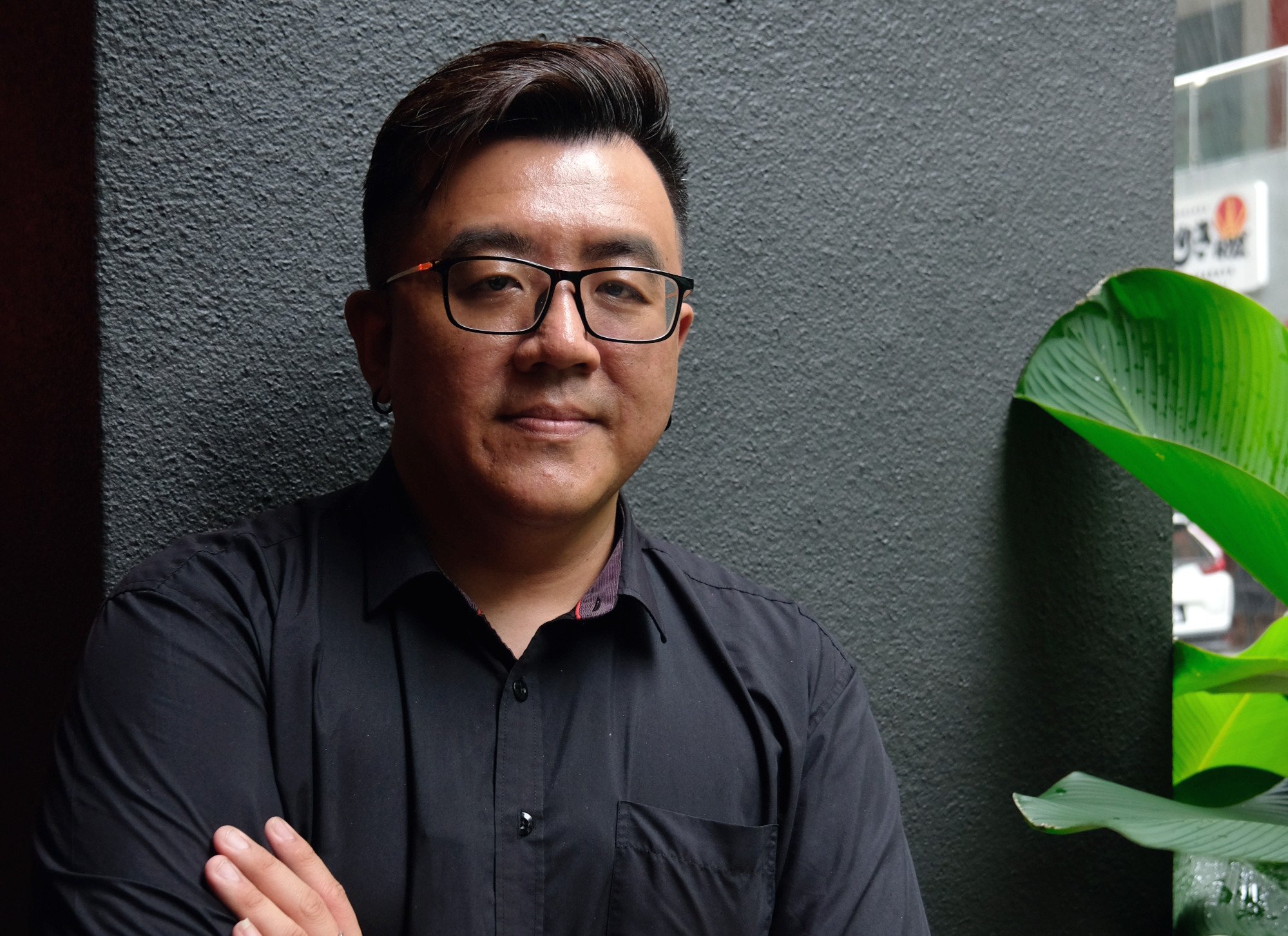
Chua had his first brush with gambling on slot machines at 12 years old at a gambling den in the sleepy Seremban town in West Malaysia. Such dens soon became his usual hang-out, marking the start of a long struggle with his gambling addiction.
Before the turn of the century, gambling dens were largely hidden within durian plantations in villages or secret rooms at cybercafes, and introduced to Chua by his “old-timer gambling kakis”.
Relaxed rules for slot machine licences allowed slot machine clubs to thrive. Towards the 2000s, Chua’s contacts heard of something new: exclusive private members-only clubs. A college student in Kuala Lumpur then, Chua took the opportunity to gamble with his allowance.
Some clubs offered massage and spas, access to prostitutes and drugs, and concierge services where staff would help with laundry and feed gamblers’ pets at home.
“If you win, they [the staff] want to be a part of your happiness. If you lose, they want to be a part of the solution,” he says. “If you need something, they want to be your assistant … The more luxurious the gambling club is, the more professional it is.”
Asia’s gamblers to cash in on wave of legalisation, pressuring Macau
Asia’s gamblers to cash in on wave of legalisation, pressuring Macau
When Chua later became a deejay at the now-defunct 798 Club, he would start to gamble after his shift ended at 3am until sunrise. Even when he was down to 10 ringgit , he would still use it to gamble.
To attract more luck, Chua says, he even wore red underpants the entire year.
Gradually, the demographics of gamblers going to these clubs changed.
People dressed smarter according to the clubs’ dress codes and a new cadre of “classy folks” sporting blazers and gold chains, Louis Vuitton bags and driving luxury cars populated the clubs. The clientele was also diverse, from straight-A students, teachers, Grab drivers, businessmen to the elderly.
To former hardcore gamblers like Tom, gambling addiction at these clubs is a problem that will not go away.
“They are counter to the very fabric of our shared Malaysian values … These clubs are the elephant in the room that no one seems to notice,” Tom said.
[ad_2]
Source link


